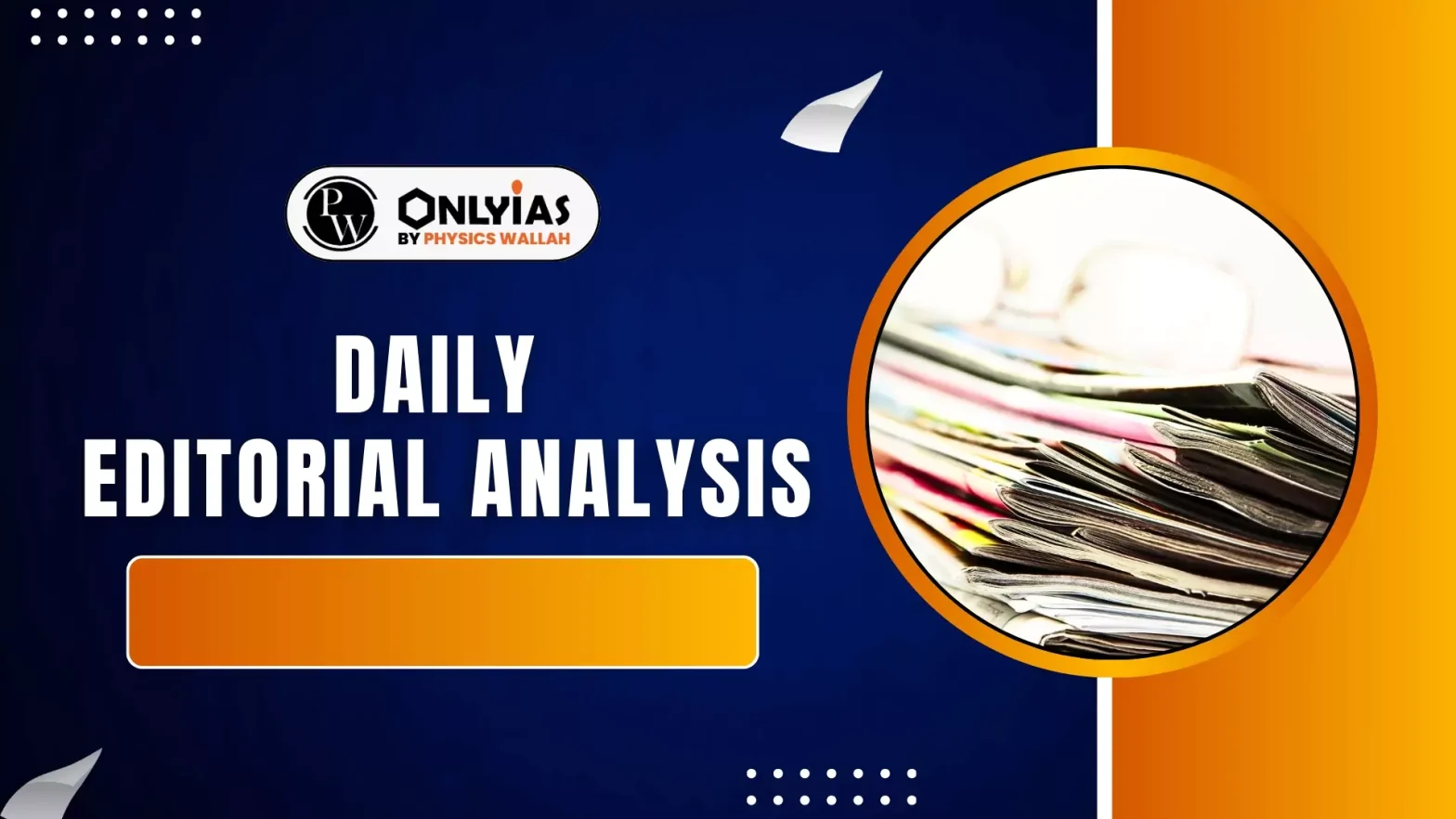Afghanistan FM Amir Khan Muttaqi’s visit provides an opportunity to deepen bilateral ties, as India pursues pragmatic engagement with the Taliban, balancing strategic, humanitarian, and development priorities amid a New Great Game involving US, China, Russia, and Pakistan.
India’s Pragmatic Engagement in Afghanistan Amid Complex Regional Dynamics
- Historically, Afghanistan has been the “graveyard of empires”, cautioning India against over-ambitious engagement or unrealistic expectations.
 India’s Pragmatic Approach:
India’s Pragmatic Approach:-
- Avoids over-enthusiasm reminiscent of the late Afghan republic era.
- Engages through functional cooperation rather than formal recognition of the Taliban.
- Regional Dynamics:
- US: Assigns Pakistan a significant role in Afghanistan and the western neighbourhood.
- China: Expanding influence in Pakistan, Iran, and the Arabian Peninsula, pursuing BRI-linked projects.
- Russia: Recognizes the Taliban and maintains strong Iran ties.
- Pakistan: Remains an implacable adversary of India, historically supporting Taliban factions.
Diplomatic Engagement
- High-Level Meeting: India’s External Affair Minister S. Jaishankar met Muttaqi on 10 October 2025 to discuss bilateral cooperation.
- Embassy Reopening: India will re-establish its mission in Kabul, initially headed by a chargé d’affaires.
- This approach signals functional engagement without diplomatic recognition, maintaining alignment with international consensus.
- Taliban Autonomy: Afghanistan retains sovereign control over its security and foreign policy, which India respects.
- Embassy operations (flag, staff) in Delhi do not imply formal recognition.
- Human Rights Sensitivity: Jaishankar avoided commentary on Taliban human rights policies, focusing on practical cooperation.
- Past India-US 2+2 statements urged Taliban to respect human rights, but India pragmatically prioritizes engagement over confrontation.
Security and Strategic Cooperation
- Cross-Border Terrorism: India and Taliban share concerns over Pakistan-backed groups like TTP.
- Regional Irony: Pakistan, Taliban’s past patron, cannot dictate India policy.
- China and Pakistan: Likely wary of India-Taliban security cooperation due to geopolitical stakes.
Development and Humanitarian Cooperation
- Areas of Cooperation: Food, healthcare, education, training, and completion of stalled infrastructure projects.
- Visa Liberalisation: Taliban requests easier access for students and patients; India can allow under security protocols.
- Economic Engagement: Taliban seeks Indian involvement in mining and other sectors, balancing Chinese influence.
Strategic Imperatives for India
- Firm Presence: Necessary to manage great power competition in the western neighbourhood.
- Preventing Chinese Dominance: Ensures Afghanistan does not become economically integrated with Western China.
- Managing Pakistan Threats: Engagement helps mitigate Pakistan’s strategic encirclement and maintains regional stability.
Way Forward
- Sustained Engagement: Continue humanitarian, educational, and development cooperation.
- Security Coordination: Collaborate cautiously on counterterrorism.
- Economic Leverage: Expand Indian investment in infrastructure, mining, and other sectors.
- Visa and People-to-People Links: Facilitate students, patients, and skilled workers within secure protocols.
- Pragmatic Diplomacy: Functional engagement without formal Taliban recognition, respecting international consensus.
Conclusion
India’s principled pragmatism balances development, humanitarian aid, and strategic interests. Engagement with the Taliban aims to safeguard regional interests, support Afghan people, and ensure South Asian stability, while navigating great power competition and limiting external influence.
![]() 13 Oct 2025
13 Oct 2025

 India’s Pragmatic Approach:
India’s Pragmatic Approach: